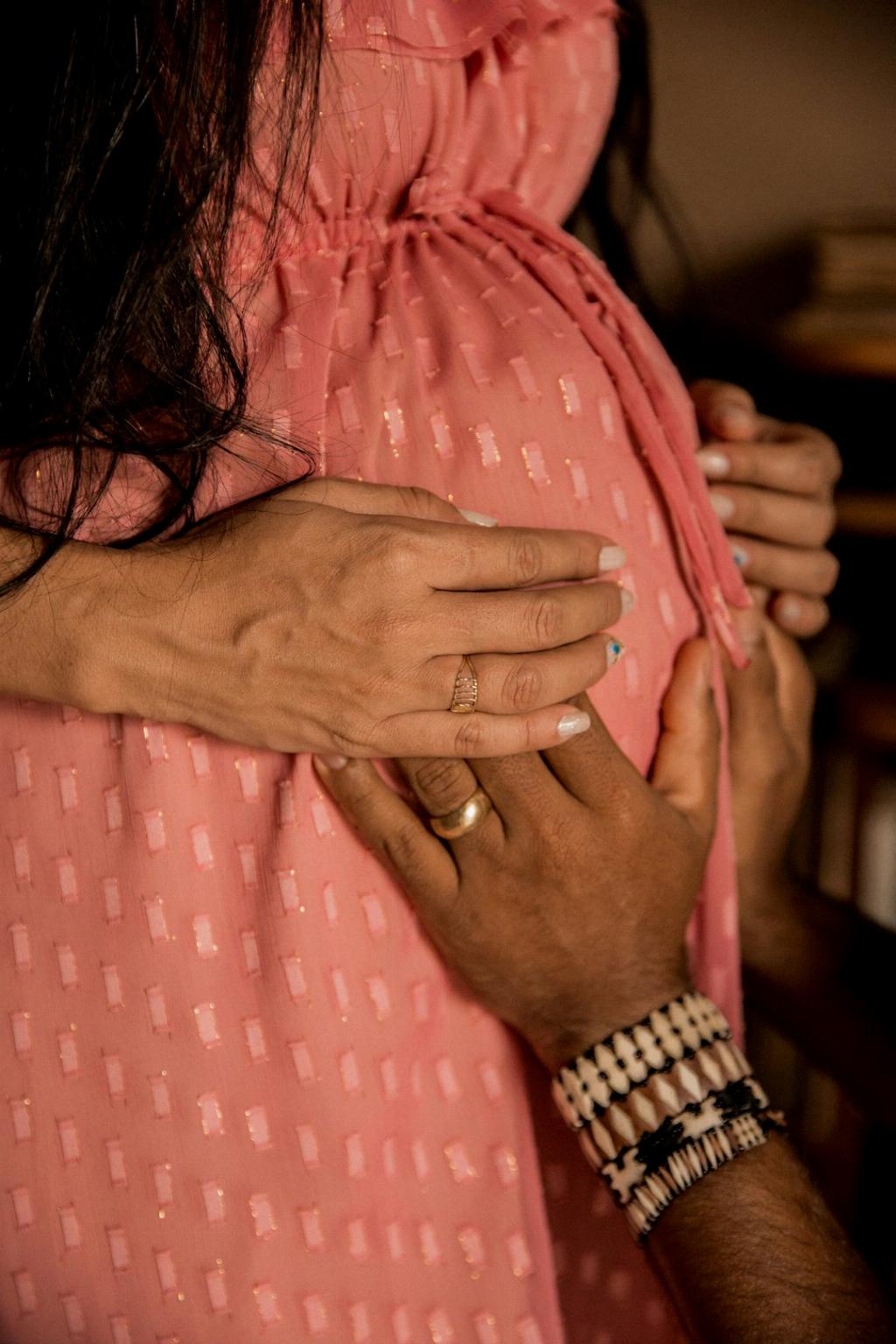When it comes to determining pregnancy, timing is everything. After ovulation occurs, the fertilized egg makes its way to the uterus for implantation. It is during this process that human chorionic gonadotropin (hCG) hormone begins to be produced. This hormone is what pregnancy tests detect in urine to confirm pregnancy.
The Science Behind Pregnancy Tests
Home pregnancy tests work by detecting hCG levels in the urine. After successful implantation in the uterine wall, hCG levels start to rise, making it detectable in urine. It usually takes around 7 to 9 days after ovulation for hCG levels to be high enough to be detected by a home pregnancy test.
Timing is Critical
Considering the biology behind pregnancy tests and the hormone levels, trying to take a pregnancy test only 4 days after ovulation may be too early to get an accurate result. At this point, hCG levels may not have reached a detectable level in the urine yet, leading to a potential false negative result.
False Negative Results
Getting a negative result on a pregnancy test too early can be disappointing and misleading. It is crucial to wait until there is a higher concentration of hCG in the urine to ensure the accuracy of the test. Testing too soon after ovulation can result in a false negative, even if you are actually pregnant.
Waiting for Accuracy
For the most accurate results, it is recommended to wait at least until the day of your expected period or a few days after to take a home pregnancy test. This gives ample time for hCG levels to rise sufficiently for detection. Patience is key when it comes to confirming pregnancy.
Impact of Early Testing
Testing too early after ovulation can create unnecessary stress and confusion. It is important to understand the limitations of early testing and the potential for false results. Waiting for the right time to test can provide you with a more reliable outcome.
Consulting a Healthcare Provider
If you are unsure about the results of a home pregnancy test or have concerns about pregnancy, it is advisable to consult a healthcare provider. They can offer guidance and perform more accurate tests to confirm pregnancy.
Factors Affecting Test Results
Various factors can impact the accuracy of a pregnancy test, including the sensitivity of the test, the timing of ovulation, and individual differences in hCG production. It is essential to consider these factors when interpreting test results.
Emotional Rollercoaster
Waiting for the results of a pregnancy test can be an emotional rollercoaster. It is normal to feel anxious and eager to know, but it is essential to wait for the right time to ensure the reliability of the test. Take care of yourself during this waiting period.
Support and Understanding
If you are going through the process of waiting for pregnancy test results, remember that it is okay to feel overwhelmed. Reach out to friends, family, or healthcare professionals for support and understanding during this time. You are not alone in this journey.
Conclusion
In conclusion, taking a pregnancy test 4 days after ovulation may be too early to get an accurate result. Waiting for at least 7 to 9 days after ovulation or until the day of your expected period can increase the reliability of the test. Remember to be patient, seek support if needed, and prioritize your emotional well-being during this time.

